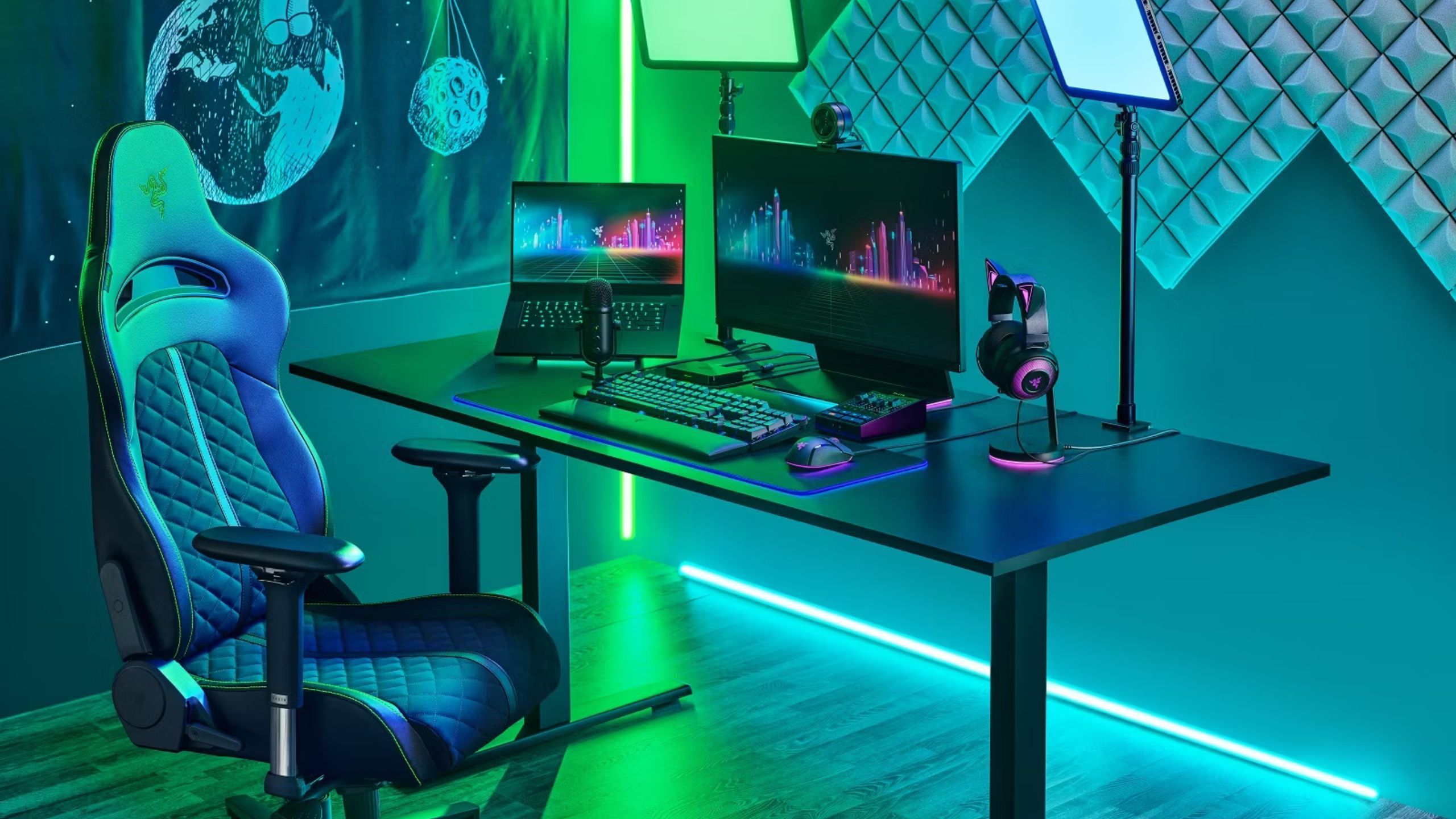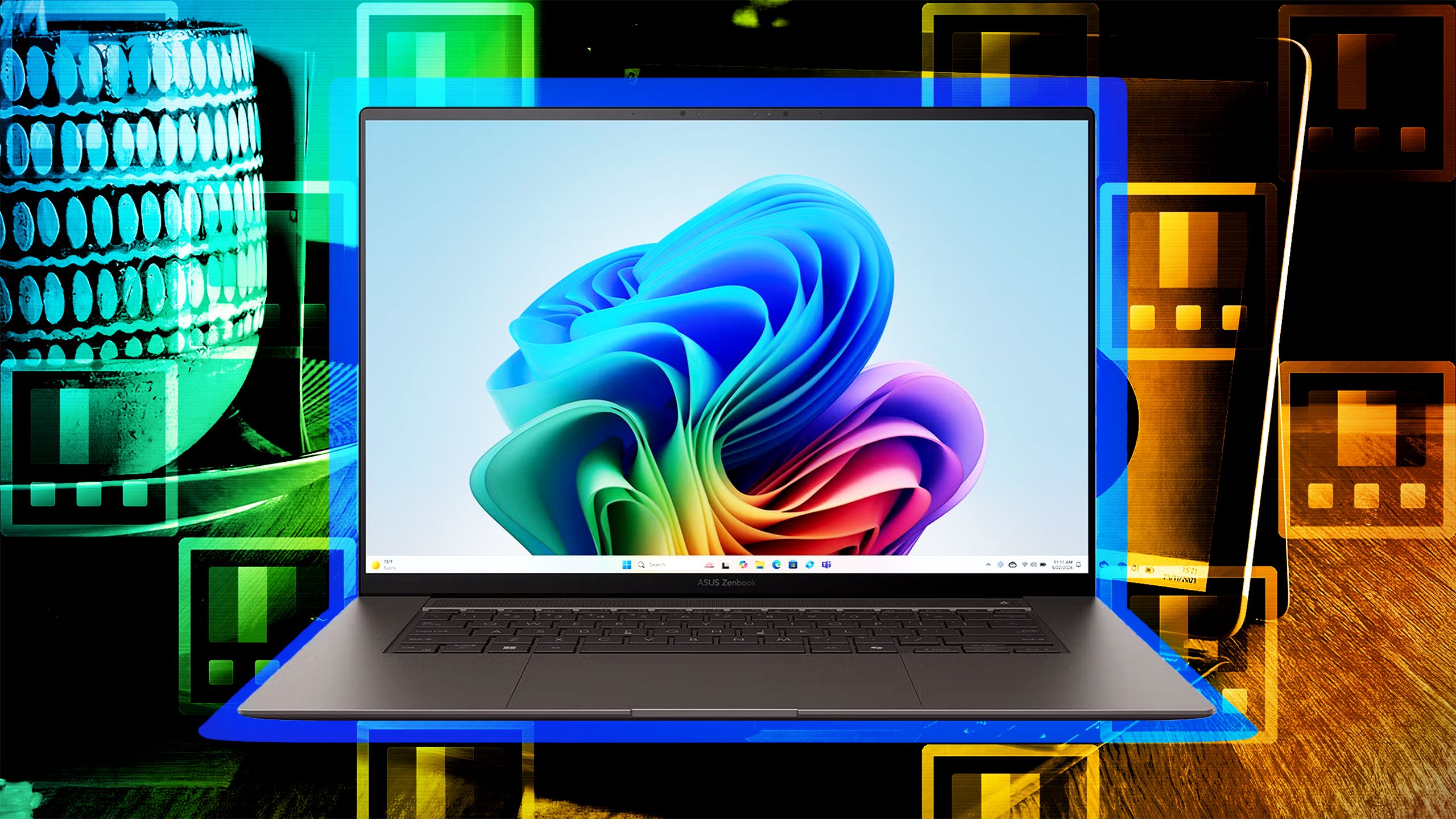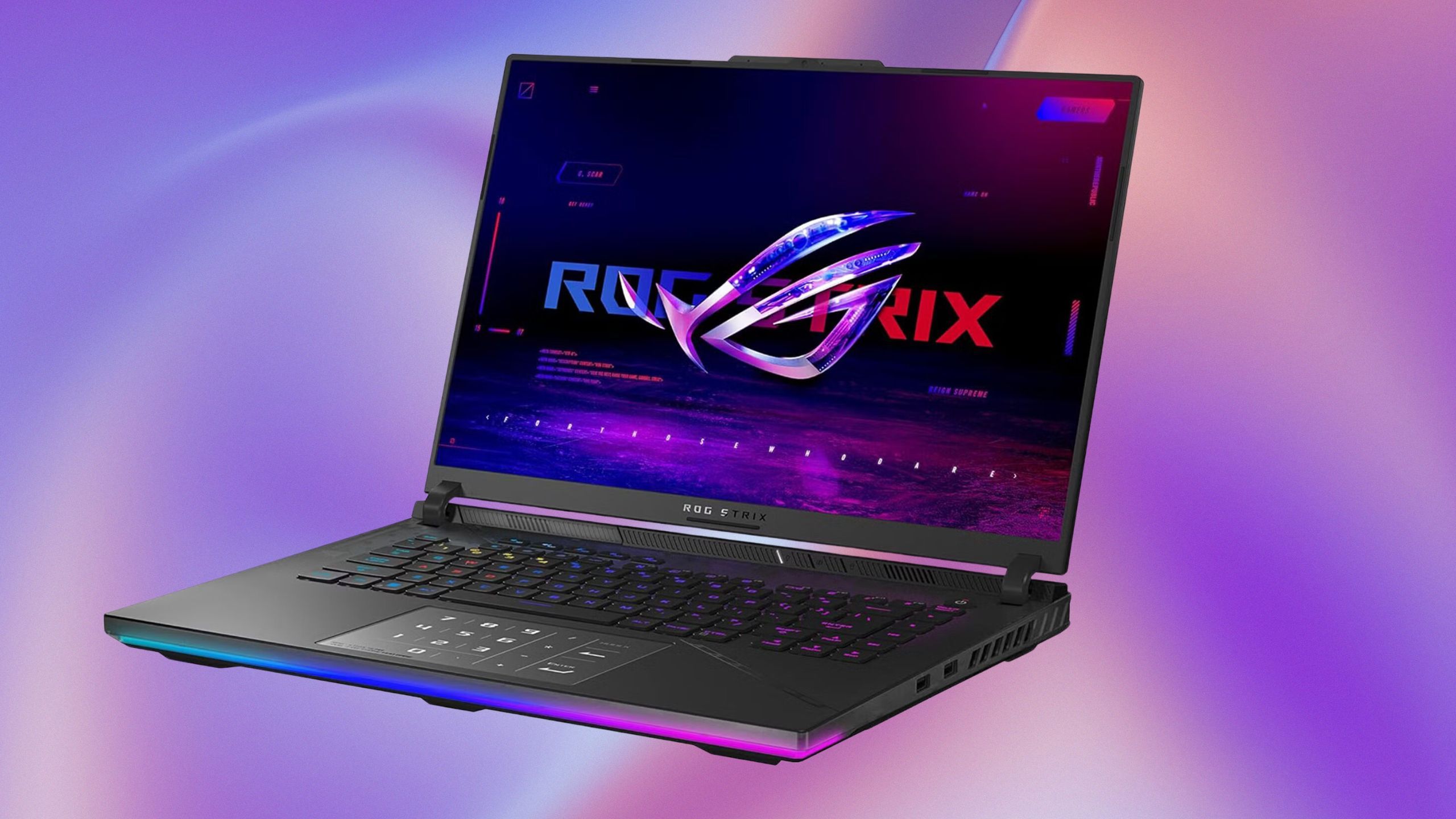Summary
- Gaming laptops are inherently more expensive than desktops relative to their performance.
- They can’t be upgraded much, and battery life tends to be weak.
- They also produce a lot of heat and noise when running at full speed.
Before anyone berates me in the comments, let me say that gaming laptops can be fantastic — I’m writing this on one as we speak. They’re more powerful than consoles and handhelds, while offering the portability missing from a desktop PC. If I hadn’t bought one, moving from the US back to Canada would’ve been a horrendous experience, costing me workdays without any guarantee my desktop system would survive the trip.
It’s just a fact that laptops aren’t for everyone, and there are several reasons why. If you want to get into PC gaming, it may be better to turn to desktops or handhelds instead. Let me elaborate.
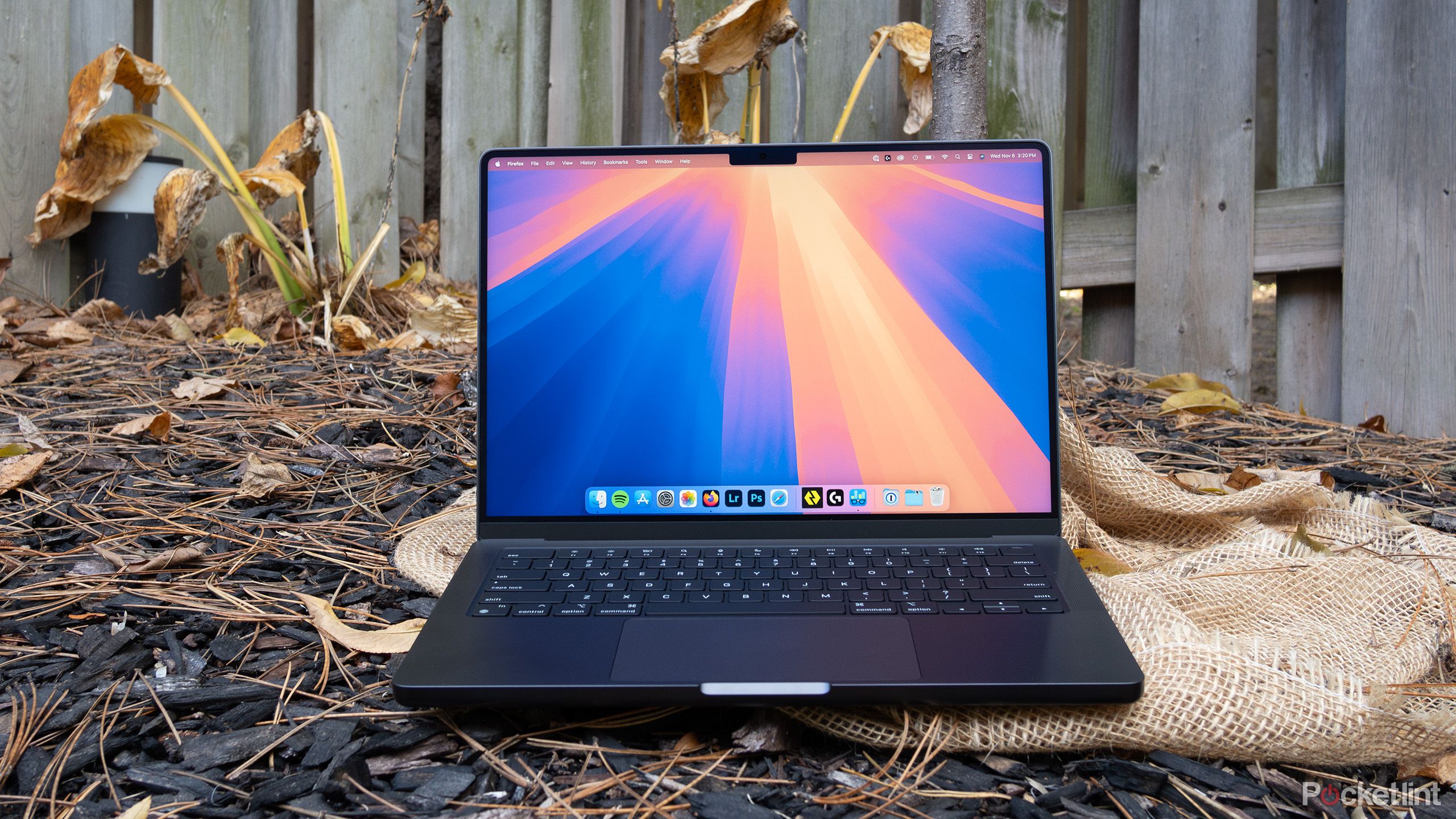
Related
4 things I want from Apple’s rumored MacBook Pro refresh
Here’s how Apple should shake up the Mac experience.
1 Prices can rocket up to sky high
How important is portability to you?
Razer
Gaming laptops use miniaturized components with state-of-the-art technology, plus specialized cooling systems and enormous batteries. That makes them inherently more expensive than their desktop counterparts, so much so that the price tags can be eye-watering. A Razer Blade 14, for example, starts at about $2,200 before any upgrades or accessories. Meanwhile, a fully-equipped Blade 18 is well over $4,000. It’s possible to find affordable laptops closer to the $1,000 mark, but you won’t be playing in 4K or maxing out game settings.
A desktop PC will deliver more frames per dollar.
If portability doesn’t matter to you, a desktop PC will deliver more frames per dollar. If portability is essential, you may actually prefer a handheld like the Steam Deck, Legion Go S, or ASUS ROG Ally X. Those machines can’t deliver ray-traced graphics at 120fps, but they can still play triple-A titles like Elden Ring or Cyberpunk 2077 at an acceptable quality.
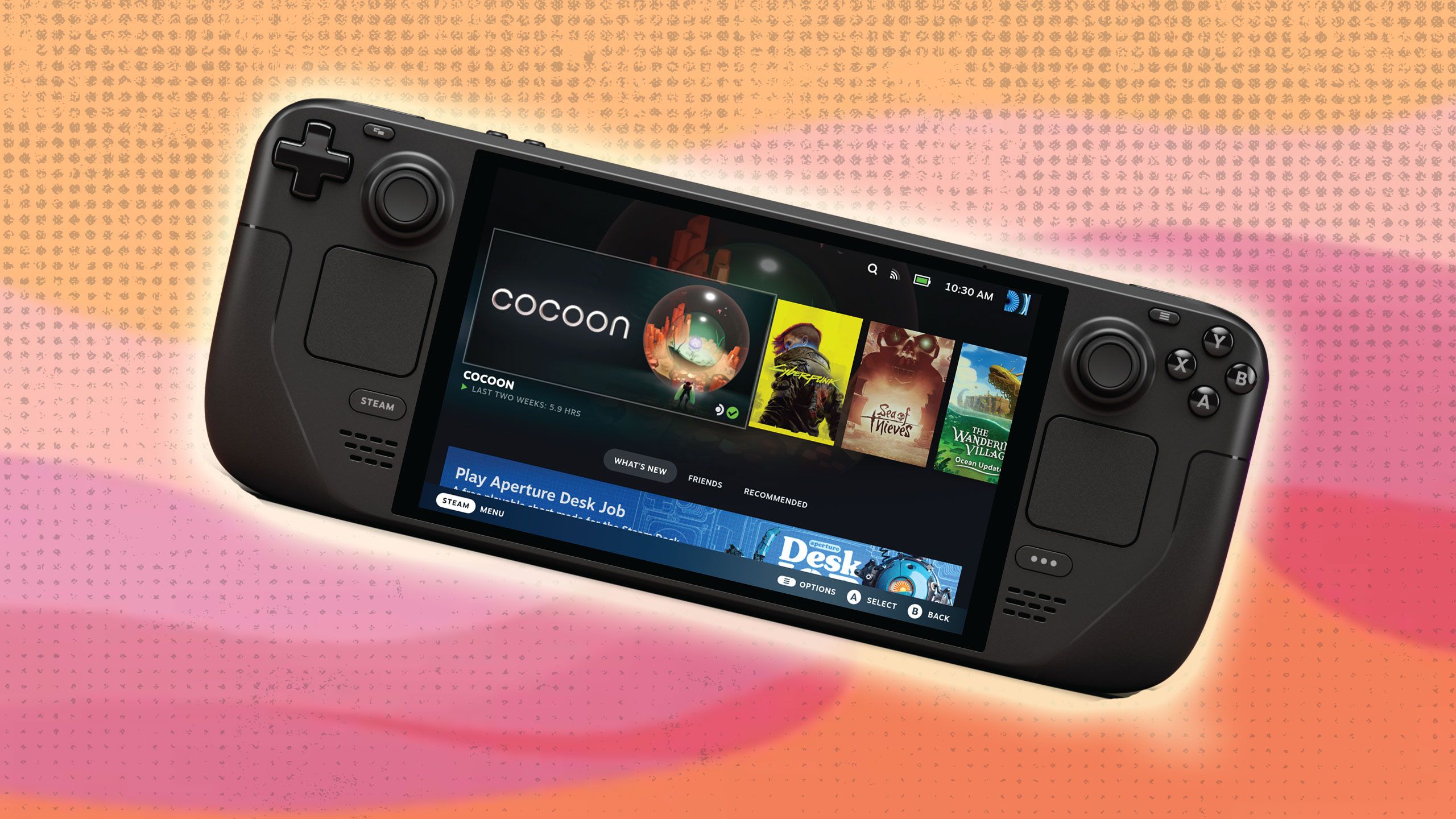
Related
Should you get an LCD or OLED Steam Deck?
It’s mostly a question of budget and how diehard you want to be.
2 Upgrades are limited or impossible
Pushing the cost of ownership even higher
Asus / Pocket-lint
To keep size and weight under control, modern laptops are engineered to the nth degree. Many components are glued or soldered together, making them difficult or outright impossible to swap out. Usually, the most you’re able to upgrade on a laptop is RAM or internal storage.
That makes them even more expensive than desktops in the long run. A tower PC will let you boost performance with the occasional GPU, CPU, and/or motherboard swap — your only choices with a laptop are an external GPU enclosure or a complete replacement.
Few people like the idea of spending thousands of dollars every two or three years.
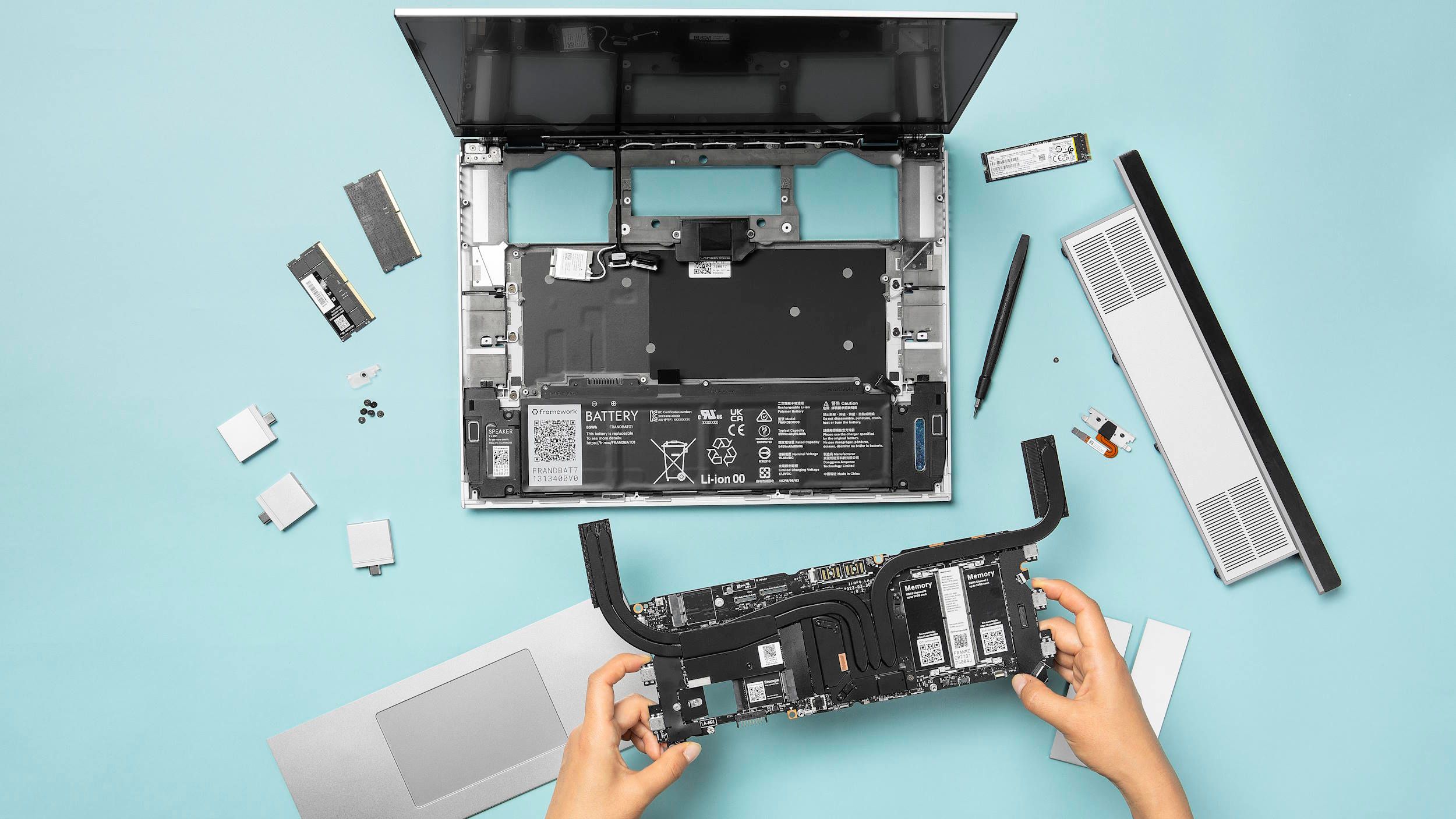
Related
Framework laptops: What you need to know about the ultimate DIY portable computers
If fully customizable, easily upgradable laptops sound appealing, Framework has 13-inch and 16-inch models with thousands of hardware combinations.
3 Battery life is abysmal
Think twice about replacing your work machine
Asus / Pocket-lint
High-performance CPUs and GPUs consume a lot of energy, and the consequence is weak battery life. Whereas some non-gaming laptops can last 24 hours or more, you’ll be lucky if a gaming laptop lasts eight, even when you aren’t playing anything. Depending on the model and what you’re running, you may get as little as one to two hours of runtime before you have to plug into a wall outlet.
You may get as little as one to two hours of runtime before you have to plug in.
You should probably avoid a gaming laptop if you need something that can double as a road-worthy work machine, or keep you entertained on long international and cross-country flights. You’ll have to plug into outlets whenever possible, and carry a gigantic charging brick with you — my Razer Blade 17 depends on a 240W monster.
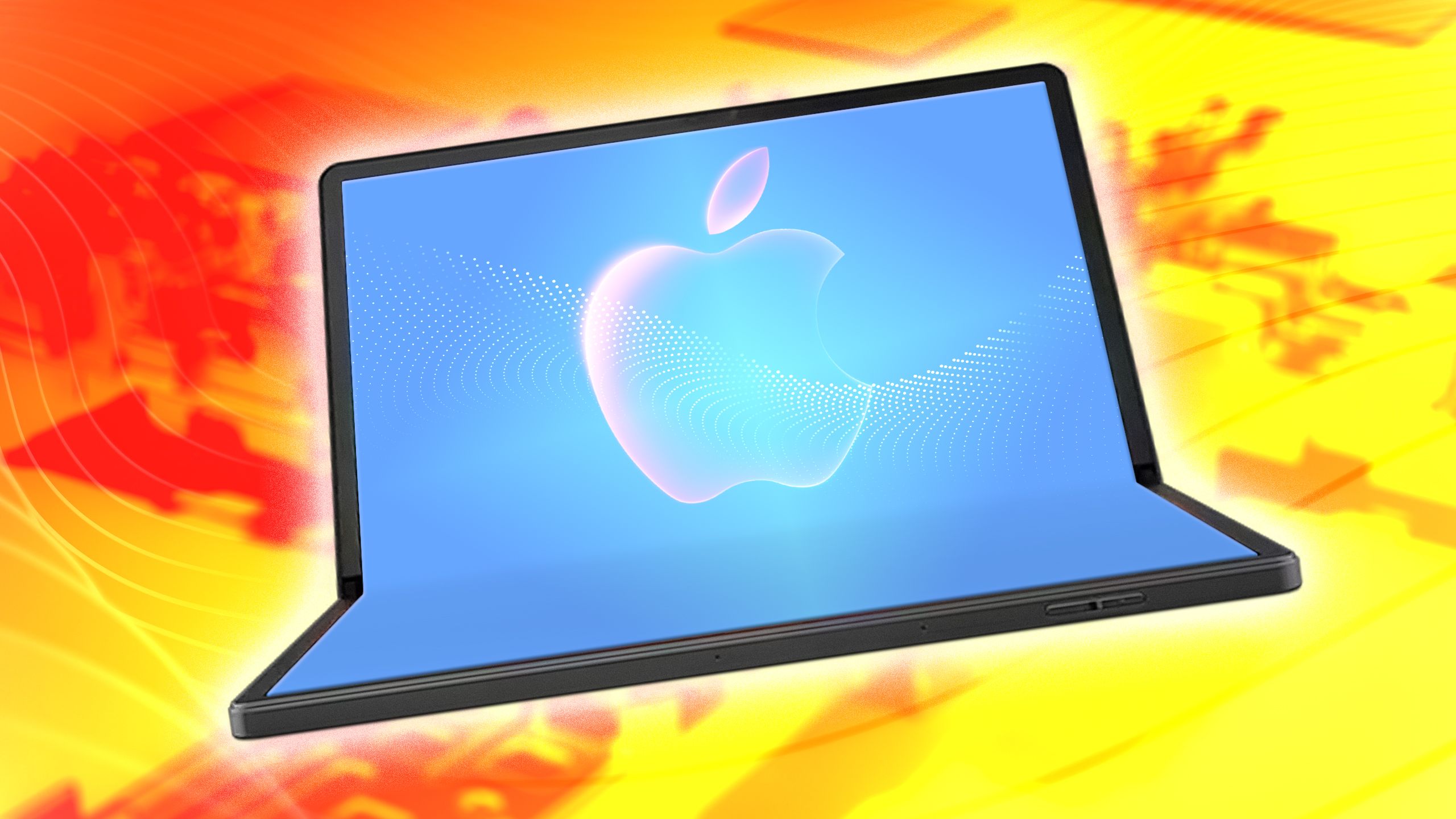
Related
A folding iPad could change the game, as long as Apple doesn’t screw it up
There’s obvious appeal to a folding iPad, but it’s a question of whether Apple will let its potential shine.
4 Gaming laptops can be hot and noisy
Watch your lap
Ninja Theory / Pocket-lint
While recent technology has improved the situation, gaming laptops still get hot when they’re running at full tilt. If one sits on your lap for long enough, it can make your legs sweaty, and there’s a risk of a machine overheating without enough ventilation. You may want to buy a metal laptop stand, and/or keep your computer out of prolonged sunlight.
When heat mounts, a laptop’s fans spool up, sometimes generating tremendous noise in an otherwise quiet room. More typically, it’s not enough to bother anyone — but you might get self-conscious about it if you’re trying to play Civilization during a long flight to Texas. In a library, everyone will know who’s using the expensive gaming rig.
Trending Products

Cooler Master MasterBox Q300L Micro-ATX Tower with Magnetic Design Dust Filter, Transparent Acrylic Side Panel, Adjustable I/O & Fully Ventilated Airflow, Black (MCB-Q300L-KANN-S00)

ASUS TUF Gaming GT301 ZAKU II Edition ATX mid-Tower Compact case with Tempered Glass Side Panel, Honeycomb Front Panel…

ASUS TUF Gaming GT501 Mid-Tower Computer Case for up to EATX Motherboards with USB 3.0 Front Panel Cases GT501/GRY/WITH…

be quiet! Pure Base 500DX Black, Mid Tower ATX case, ARGB, 3 pre-installed Pure Wings 2, BGW37, tempered glass window

ASUS ROG Strix Helios GX601 White Edition RGB Mid-Tower Computer Case for ATX/EATX Motherboards with tempered glass…


